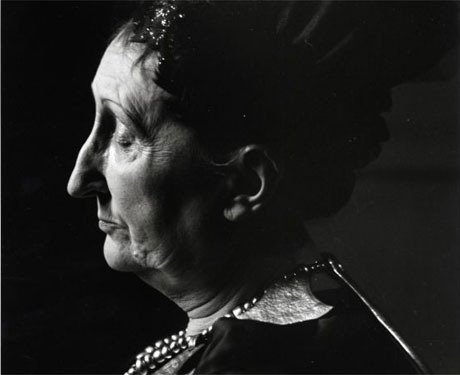“Whatever you think of WikiLeaks, they have not been charged with a crime, let alone indicted or convicted. Yet look what has happened to them. They have been removed from the Internet … their funds have been frozen … media figures and politicians have called for their assassination and to be labeled a terrorist organization. What is really going on here is a war over control of the Internet, and whether or not the Internet can actually serve its ultimate purpose—which is to allow citizens to band together and democratize the checks on the world’s most powerful factions,” – Glenn Greenwald.
All of this is disturbing. But the most troubling thing about it is the fact that “media figures and politicians” are actually calling for the death of Julian Assange and people associated with him because they are “terrorists.” The situation has quickly become so grotesque that the routine weighing-in of Sarah Palin (idiotically characterizing the leak as a “treasonous” act, even though Assange is Australian and operates out of Europe) is now the least of our worries. After the normalization of torture under the Bush administration, it seems that anything goes.
Rounding out our references today to Fearful Symmetry, here’s Frye reminding us about an aspect of the human condition we complacently tend to overlook:
Tyranny is seldom (in the long run, never) imposed on people from without; it is a projection of their own pusillanimity. Tyranny and mob rule are the same thing. (CW 14, 63)
Or, as Benjamin Franklin, one of the Founders whom Teabaggers like to cite as though they owned the copyright, said at the birth of the American republic: “Those who would sacrifice liberty for security deserve neither.”


